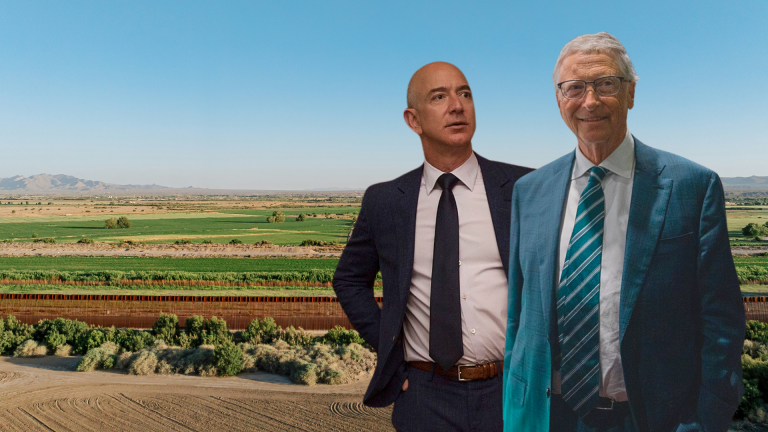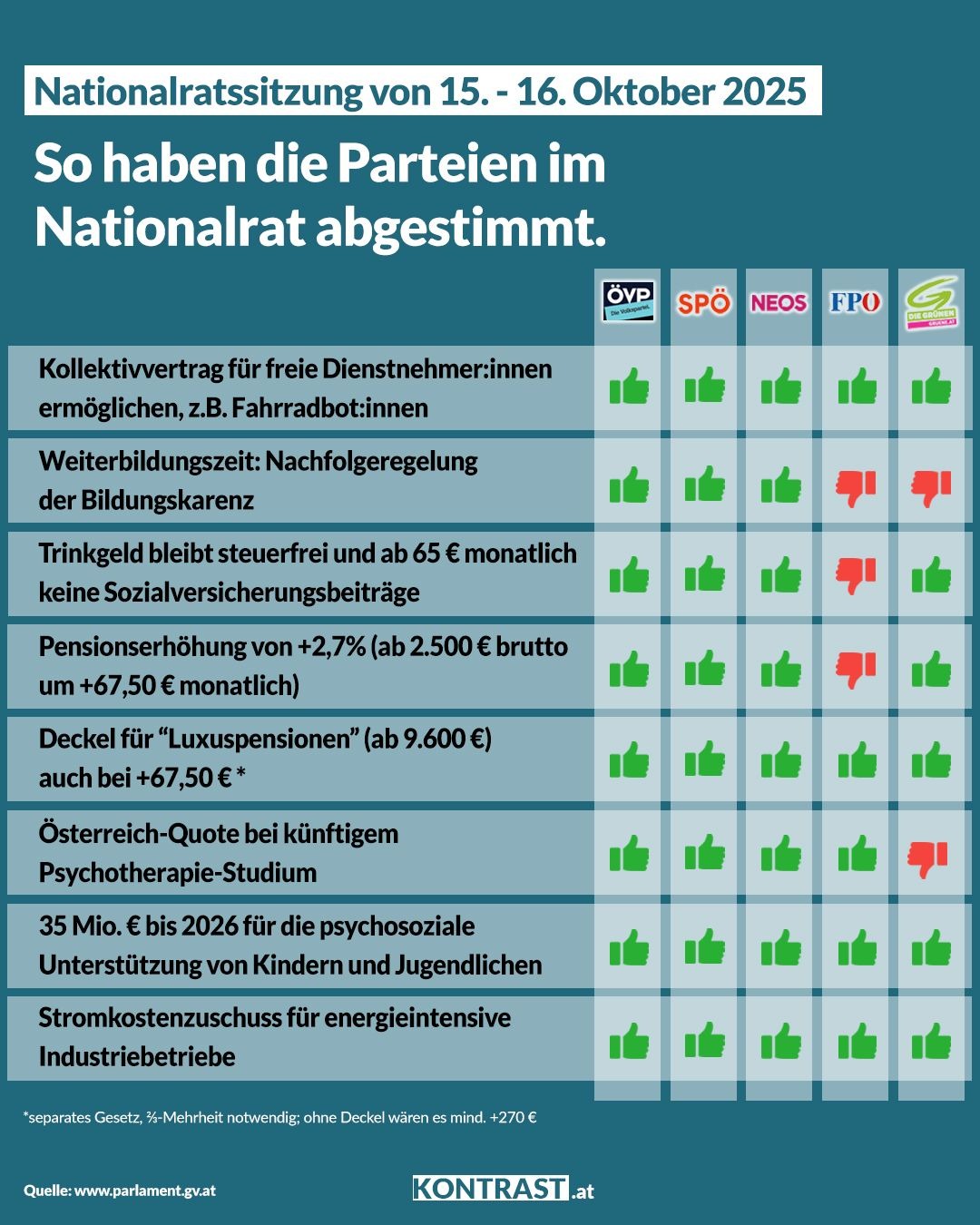Emerging Signals: Critical Updates and breaking news today Demand Your Attention.
The constant flow of information defines the modern era, and staying informed is more critical than ever. Understanding current events, emerging trends, and potential disruptions is essential for individuals, businesses, and governments alike. Amidst this relentless cycle of updates, discerning reliable sources and comprehending the broader implications of today’s news requires a thoughtful and analytical approach. Recent shifts in global politics, technological advancements, and economic indicators all contribute to a complex landscape that demands constant attention and evaluation.
This article aims to provide a comprehensive overview of key developments across various sectors, offering insights into the forces shaping our world. We will examine significant political events, explore breakthroughs in science and technology, and analyze emerging economic trends. Our focus will be on providing a clear and concise understanding of these issues, enabling readers to form their own informed opinions and navigate the complexities of the modern world.
Geopolitical Shifts and Global Security
The global geopolitical landscape is undergoing a period of significant transformation, marked by shifting alliances, escalating tensions, and emerging power dynamics. Ongoing conflicts in various regions continue to destabilize communities and create humanitarian crises. Rising nationalism and protectionist policies are reshaping trade relationships and challenging the established international order. The increasing influence of non-state actors, including terrorist groups and cybercriminals, poses new threats to global security. It’s vital to closely monitor these developments to understand their potential for long-term consequences.
Diplomatic efforts to resolve conflict and promote stability are often constrained by complex political considerations and competing national interests. The role of international organizations, such as the United Nations, is increasingly challenged by the emergence of alternative power centers. Maintaining a robust and effective multilateral system is essential for addressing global challenges, but requires a commitment to cooperation and compromise from all stakeholders. The rise of technological capabilities, particularly in areas like artificial intelligence and cyber warfare, is further complicating the security environment and creating new vulnerabilities.
Here’s a quick look at recent developments in international relations:
| Region | Key Development | Potential Impact |
|---|---|---|
| Eastern Europe | Continued military conflict | Increased humanitarian crisis, regional instability |
| South China Sea | Assertive territorial claims | Escalation of tensions, disruption of trade routes |
| Middle East | Ongoing diplomatic negotiations | Potential for de-escalation, but fragile peace |
| Africa | Rise of extremist groups | Increased security threats, displacement of populations |
The Impact of Economic Sanctions
Economic sanctions have become a widely used tool of foreign policy, employed by governments to exert pressure on other nations to change their behavior. While sanctions can be effective in achieving specific objectives, they also carry significant economic and humanitarian costs. The imposition of sanctions can disrupt trade flows, reduce economic growth, and exacerbate poverty. It is crucial to carefully weigh the potential benefits and drawbacks of sanctions before deploying them as a policy instrument. Concerns about the unintended consequences of sanctions, particularly their impact on civilian populations, are growing.
Targeted sanctions, designed to focus on specific individuals or entities rather than entire economies, are increasingly favored as a way to minimize collateral damage. However, even targeted sanctions can have unintended consequences, and their effectiveness often depends on the strength of international cooperation. The use of secondary sanctions, which penalize businesses that trade with sanctioned entities, is particularly controversial, as it can extend the reach of sanctions beyond the targeted country. A careful assessment of the long-term implications of sanctions is essential for ensuring that they contribute to stable and sustainable outcomes.
Advancements in Science and Technology
Rapid advancements in science and technology are transforming every aspect of our lives, from healthcare and transportation to communication and agriculture. Breakthroughs in fields like artificial intelligence, biotechnology, and nanotechnology are creating new opportunities and challenges. The development of artificial intelligence is driving automation in numerous industries, raising concerns about job displacement and the need for workforce retraining. Biotechnology is promising new treatments for diseases, but also raises ethical questions about genetic engineering and human enhancement. Nanotechnology holds the potential to revolutionize materials science, but also poses environmental risks if not carefully managed.
Investing in research and development is crucial for harnessing the benefits of technological innovation and mitigating its risks. Collaboration between scientists, engineers, and policymakers is essential for ensuring that new technologies are developed and deployed responsibly. The ethical implications of emerging technologies must be carefully considered, and appropriate regulations put in place to protect privacy, security, and human rights. Addressing the digital divide, ensuring that everyone has access to the benefits of technology, is also a critical priority. The accelerating pace of technological change requires a commitment to lifelong learning and adaptation.
Here’s a list of recent breakthroughs in scientific fields:
- CRISPR gene editing: Advances in precision and delivery methods
- Quantum computing: Progress towards building stable and scalable quantum computers
- Renewable energy storage: Development of more efficient and cost-effective battery technologies
- AI-powered drug discovery: Accelerated identification of potential drug candidates
The Role of Artificial Intelligence in Healthcare
Artificial intelligence (AI) is rapidly transforming the healthcare industry, offering the potential to improve diagnosis, treatment, and patient care. AI-powered diagnostic tools can analyze medical images with greater accuracy and speed than human radiologists, leading to earlier and more accurate diagnoses. AI algorithms can also predict patient risk factors and personalize treatment plans based on individual characteristics. The use of AI-powered robots is increasing in surgery and rehabilitation, enhancing precision and improving patient outcomes. However, the adoption of AI in healthcare raises ethical considerations about data privacy, algorithmic bias, and the potential impact on the doctor-patient relationship.
Ensuring the responsible and ethical use of AI in healthcare requires careful attention to data quality, algorithm transparency, and patient consent. It is essential to address concerns about algorithmic bias, ensuring that AI systems do not perpetuate existing health disparities. Training healthcare professionals to effectively use and interpret AI-powered tools is also crucial. The integration of AI into healthcare systems should prioritize patient safety, privacy, and equity. Investing in research and development to further advance the capabilities of AI in healthcare is essential for realizing its full potential.
Emerging Economic Trends
The global economy is facing a period of uncertainty and disruption, characterized by rising inflation, supply chain bottlenecks, and geopolitical tensions. The COVID-19 pandemic continues to have a lasting impact on economic activity, disrupting trade, investment, and labor markets. The rising cost of energy and raw materials is contributing to inflationary pressures, eroding consumer purchasing power and threatening economic growth. Geopolitical tensions, such as the conflict in Ukraine, are exacerbating supply chain disruptions and increasing uncertainty. Adapting to these changing economic realities requires proactive policy measures and a focus on long-term resilience.
Central banks around the world are tightening monetary policy in an effort to curb inflation, raising interest rates and reducing liquidity. However, these measures also carry the risk of slowing economic growth and triggering a recession. Governments are implementing fiscal policies to support vulnerable populations and promote economic recovery. Investing in infrastructure, education, and clean energy is crucial for boosting long-term economic growth and creating new job opportunities. Enhancing international cooperation and strengthening global trade relationships are also essential for navigating the current economic challenges. Considering these challenges is more important than ever when considering today’s news.
Here’s a table summarizing key economic indicators:
| Indicator | Current Value | Trend |
|---|---|---|
| Inflation Rate | 7.5% | Increasing |
| Unemployment Rate | 3.6% | Decreasing |
| GDP Growth | 2.3% | Slowing |
| Interest Rates | 1.75% | Increasing |
The Rise of the Green Economy
The transition to a green economy is accelerating, driven by growing concerns about climate change and the need for sustainable development. Investments in renewable energy sources, such as solar, wind, and hydro, are rapidly increasing. The development of energy-efficient technologies and sustainable transportation systems is also gaining momentum. The green economy is creating new job opportunities in a variety of sectors, including renewable energy, energy efficiency, and environmental remediation. However, the transition to a green economy also requires significant investments and policy changes.
Governments are implementing policies to incentivize green investments, such as tax credits, subsidies, and carbon pricing mechanisms. International cooperation is essential for addressing climate change and promoting sustainable development. The development of a circular economy, which minimizes waste and maximizes resource efficiency, is also a key component of the green economy. Addressing social equity concerns and ensuring that the benefits of the green economy are shared widely are also essential. Here’s a list of actions individuals can take to contribute to a more sustainable future:
- Reduce energy consumption.
- Recycle and compost.
- Choose sustainable transportation options.
- Support businesses committed to sustainability.
max. 5 zur Auswahl































